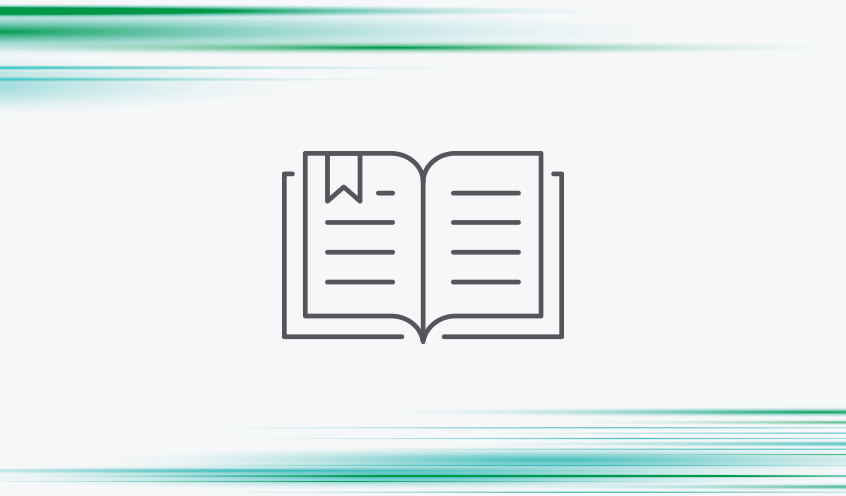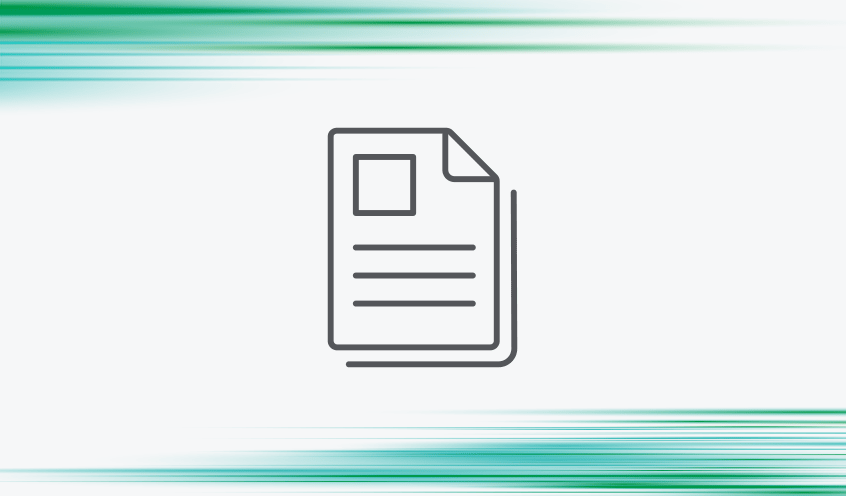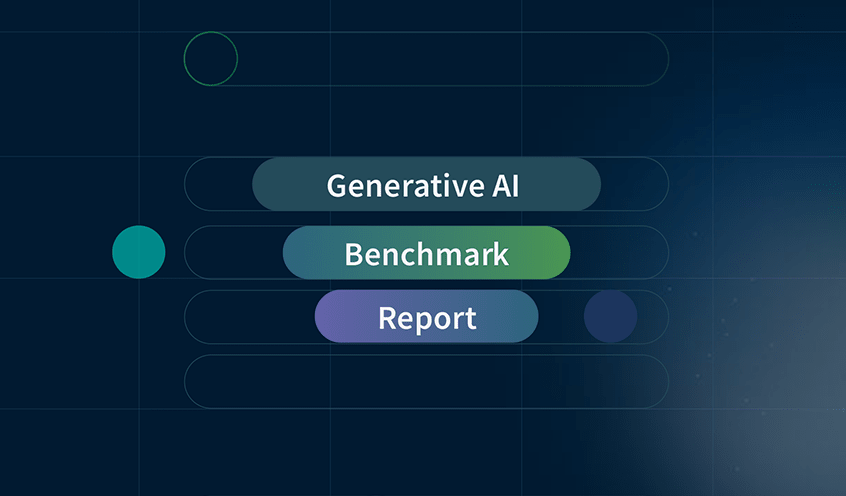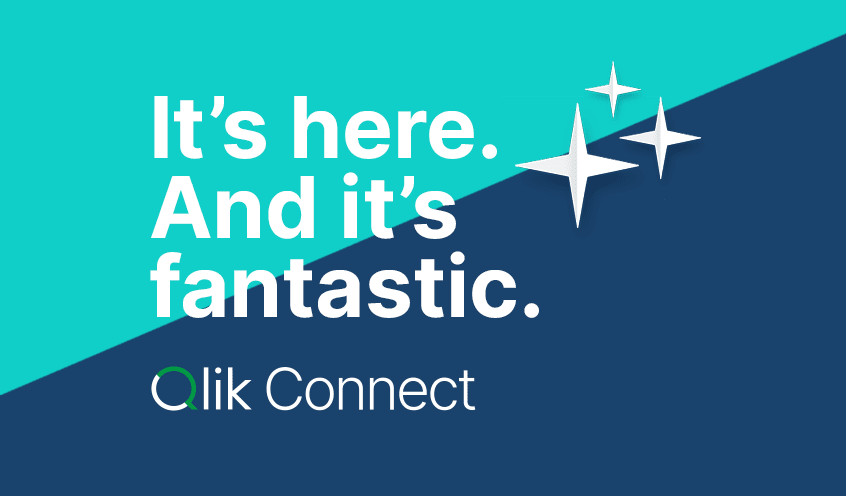Incorporating sustainability into business strategy is no longer an option but an imperative. Prioritizing sustainability has many benefits – an improved ability to achieve ESG goals, meet stakeholder expectations and improve compliance with environmental regulations. It also offers the benefit of lowering both costs and carbon from travel, real estate, and energy consumption
Businesses who prioritize environmental regulation can also improve both their reputation and investment potential. The 2021 EY Global Institutional Investor Survey states that 74% of institutional investors were more likely to divest from companies with poor sustainability rankings, with 90% of those surveyed saying they are closely reviewing ESG performance when looking to invest.
Despite these obvious advantages, many businesses still find that accessing the data required to support meaningful environmental action is challenging.
Accurate, transparent, and actionable data is essential for any organization to create and effectively monitor its sustainability strategy. “A focus on sustainability can launch a digital transformation strategy. We found that many customers are already measuring their environmental footprint, however, this information often sits in spreadsheets, meaning that extracting reporting data – such as emission factor tables, travel records, or electricity invoices – is still very much a time-consuming, manual process,” says Julie Kae Executive Director of Qlik.org.
Kae believes that measuring a company’s environmental footprint should be as easy as measuring sales, turnover, or units sold. This data can then be applied to policies and processes organization-wide, rather than sitting siloed within a company’s sustainability team. “Qlik makes data analytics easy by pulling those sustainability sources into a single dashboard. The data is already there. It often just has not been unlocked yet.”
Organizations of all sizes and across all industries are turning to Qlik to tap into the exciting potential of accessible data in supporting sustainability. These include:
The United Nations uses Qlik to manage its CO2 emissions from travel. In partnership with the UN, Qlik’s “Hack for Good” data hackathon implemented Qlik, enabling it to combine internal travel data with that from external aviation sources to calculate carbon footprint. This not only enabled accurate reporting but also made this data easily accessible to the travel department, reducing future environmental impact while supporting the UN’s Sustainable Development Goals.
The Australian National University (ANU) is using Qlik to assist in its commitment to reducing greenhouse gas emissions to below zero by 2030. Beginning with a deeper analysis of all building energy consumption, the goal is for ANU to achieve below zero emissions for energy, waste, work travel and direct on-campus greenhouse gas emissions.
SodaStream, the world’s leading sparkling water-maker brand, aims to inspire a revolution in environmentally friendly drinks consumption. By improving the measurement of its marketing content using Qlik, it was enabled to communicate important educational messaging more effectively around the issue of single-use plastics.
Qlik is currently enabling Australian supermarket chain Woolworths to reduce food waste via improved inventory management. Its data management systems can now provide better information about individual stores and products, creating opportunities to reduce the waste of perishable goods through the precise timing of product markdowns. This is actively reducing the environmental impact of food waste while also creating significant cost savings.
“Companies need to shift away from thinking that sustainability is just too difficult to start,” said Kae. “Whether it is travel, real estate, electricity usage or anything else – the methodology used to address each piece is the same. Qlik pulls together all these pieces to make that data actionable.”
In upcoming blog posts, we will dive deeper into how data can make an impact across different areas of sustainability and how businesses across the world are using Qlik to unlock their data and drive positive change. Stay tuned for more! Also visit Qlik.org to find out more about Qlik’s award winning programs.
In this article:
Corporate Responsibility











































